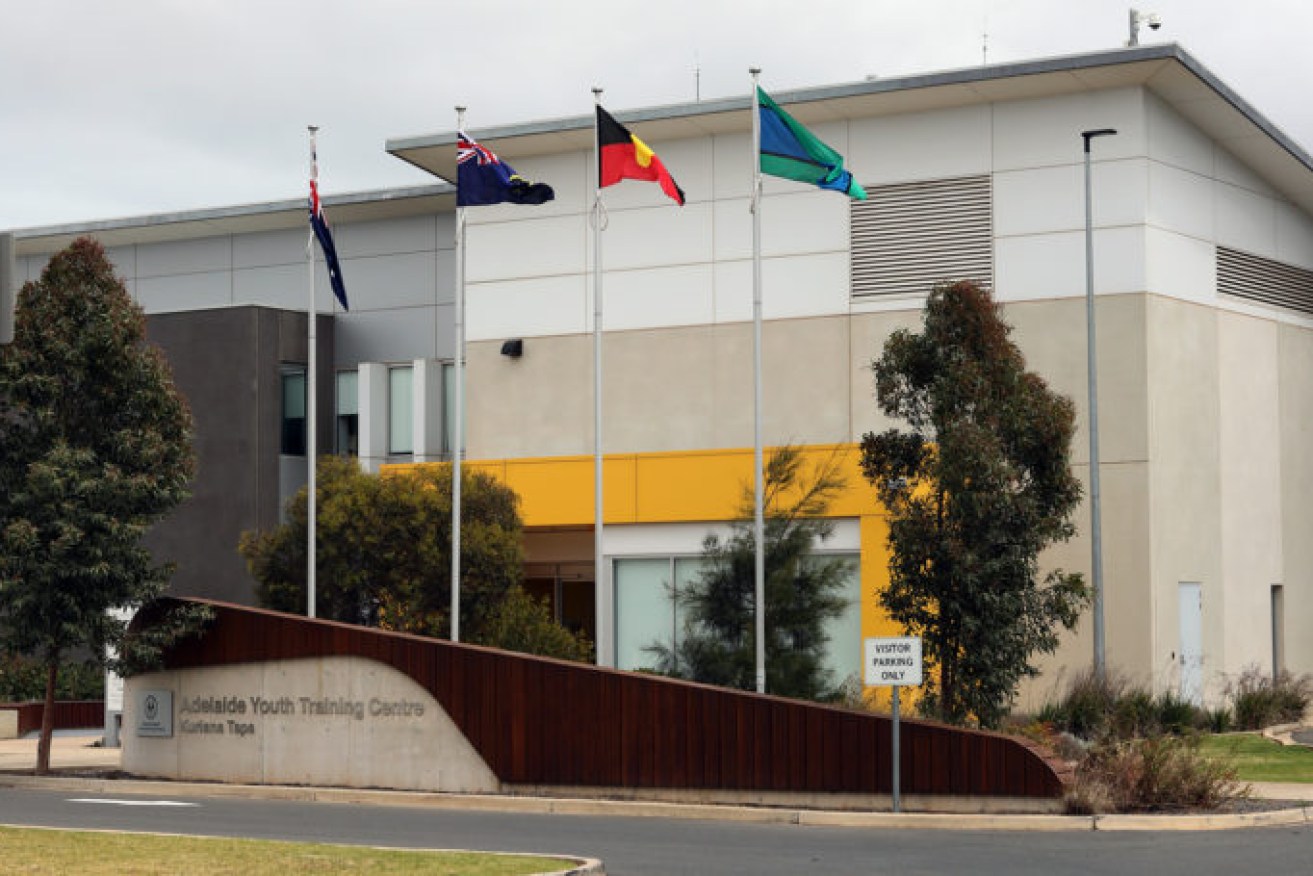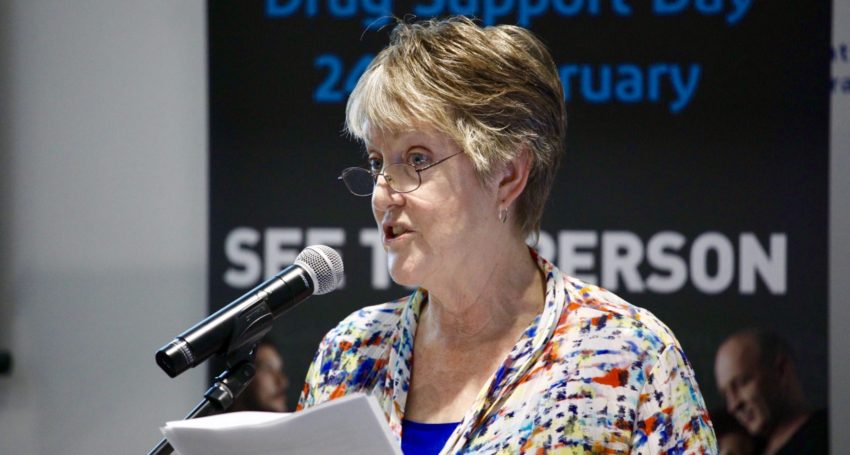Warning that SA youth drug program could breach detainees’ human rights
The State Government is at risk of breaching human rights standards that ban medical experimentation on prisoners if it goes ahead with its plan to trial mandatory drug addiction treatment on detained children, South Australia’s Youth Training Centre Visitor has cautioned.

Kurlana Tapa youth detention centre at Cavan. Photo: Tony Lewis/InDaily
In a letter addressed to SA Health’s Drug and Alcohol Services director, Youth Training Centre Visitor Penny Wright warned that the Government needed to adopt “extreme caution” implementing the proposed phase one of the Youth Treatment Orders program.
The program was a Marshall Government election promise, but despite legislation passing parliament in 2019 with the support of the Opposition, the program is yet to be enforced.
The laws give the Youth Court the power to order a drug-dependent young person to attend treatment.
If the young person fails to follow court instructions, the Youth Court would have the power to detain them for up to 12 months to receive mandatory treatment.
Under phase one of the program, the State Government has proposed that children detained at the Kurlana Tapa Youth Justice Centre be subjected to drug treatment.
A review would then be conducted into the effectiveness of the program at the centre before it is rolled out to the broader community under phase two.
According to a government document outlining a draft model of care for the program, there is “limited evidence available to support mandatory drug treatment for children”.
It stated that the program would be “the first of its kind in Australia” that would offer parents an “additional option” when children refuse to seek help voluntarily, are a danger to themselves or others or if there are no other appropriate and “less restrictive” options available.
Wright, who is mandated by law to promote and protect the rights of children and young people sentenced or remanded in custody at the Youth Justice Centre, has been a leading advocate against the drug treatment program.
In her letter to SA Health, she wrote that the program presented “potential human rights implications” and research institutions might face “challenges when applying appropriate ethics approval”.
“Human rights instruments ban medical or treatment experimentation on prisoners, suggesting that extreme caution should be taken about the application of an exploratory mandatory treatment scheme to detainees, especially children and young people,” she wrote.
Wright cited the United Nations Rules for the Protection of Juveniles Deprived of their Liberty, which states that “juveniles shall never be testees in the experimental use of drugs and treatment”.
She wrote that it was likely that a “disproportionate” number of children and young people who would be subjected to the program would be Aboriginal.
Of the 300 individuals admitted to the Youth Justice Centre each year, approximately 50 per cent are Aboriginal.

Training Centre Visitor Penny Wright. Photo: Tony Lewis / InDaily
Wright wrote that applications for children to receive mandatory treatment would be lodged for about a seventh of all children admitted to the detention centre, but only a “handful” were expected to be granted.
“If so, it would not be conscionable to expose so many young people to the stress of a mandatory assessment and court process without the likelihood of an order being made,” she wrote.
There is no indication of how much the program would cost, or when it would be implemented, with the draft model of care still out for public consultation.
Wright refused an offer by SA Health to sit on a governance committee to oversee the program.
“Being seen by children and young people to have a facilitative or governance role with respect to the YTO (Youth Treatment Order) process that will subject them to compulsory orders would undermine my capacity to engender their trust, and the confidence of the community in my office’s independence,” she wrote.
In a statement, Drug and Alcohol Services SA said the draft model of care for phase one of the program was currently out for consultation.
“We encourage all stakeholders and community to provide their views,” it said.
“Feedback plays an important part in ensuring that the final model of care is as robust as possible and evidence informed.”




